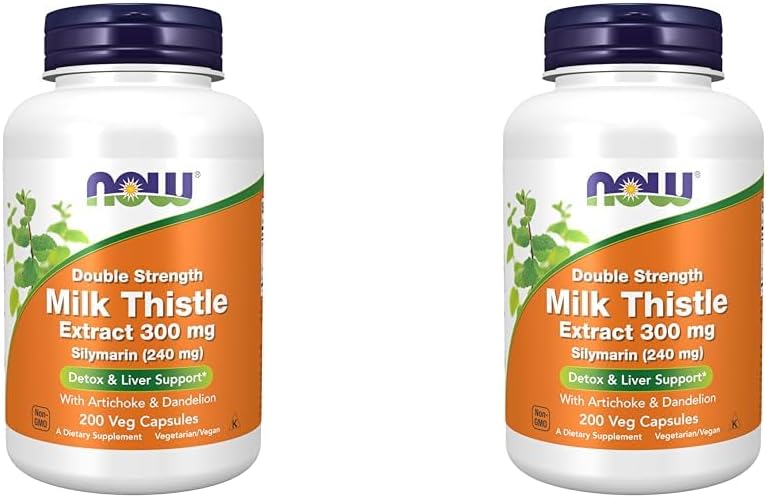
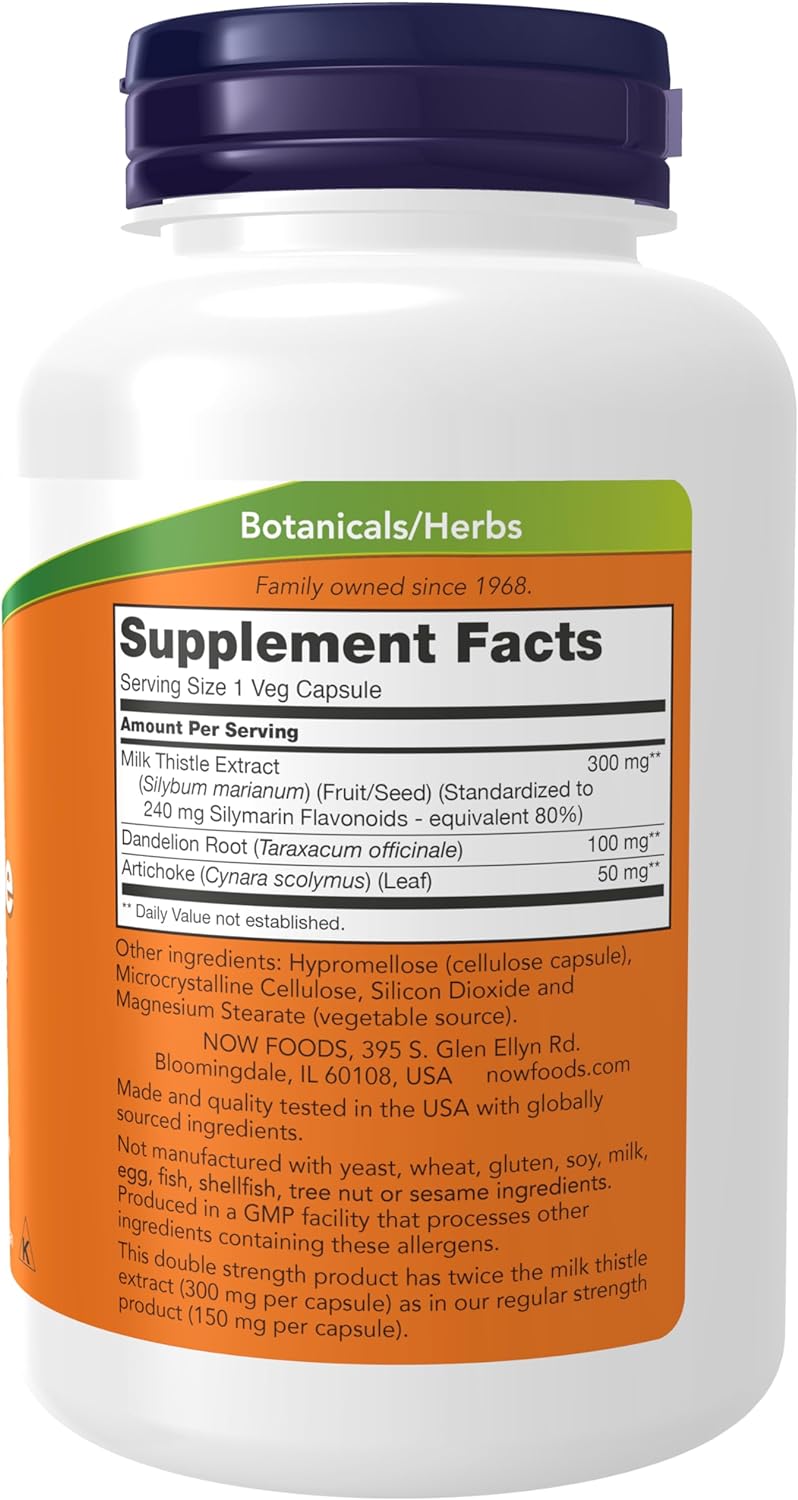
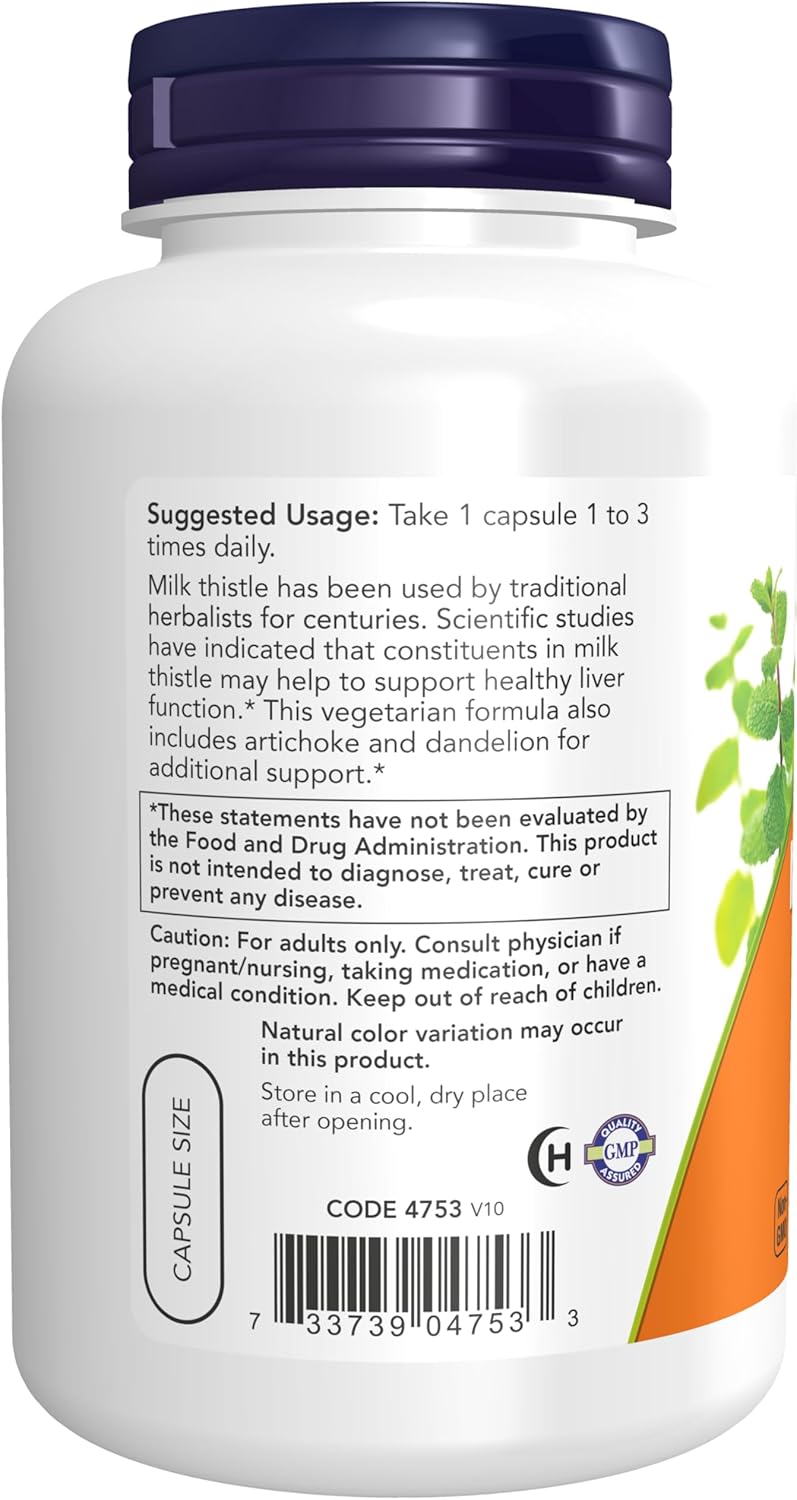
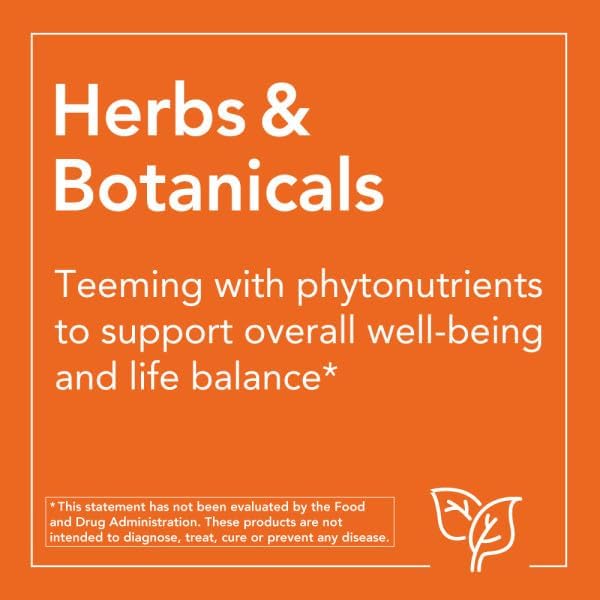
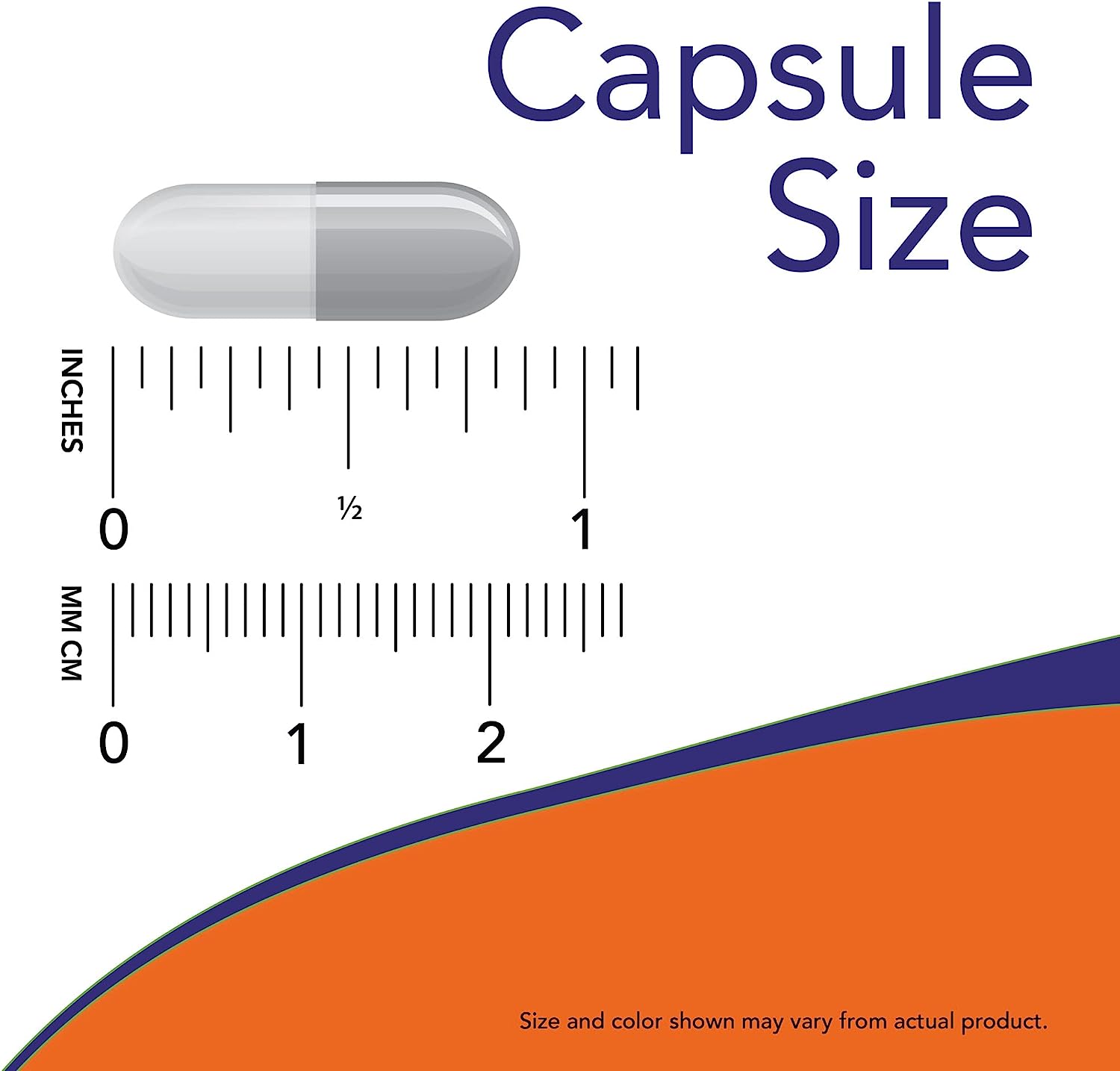
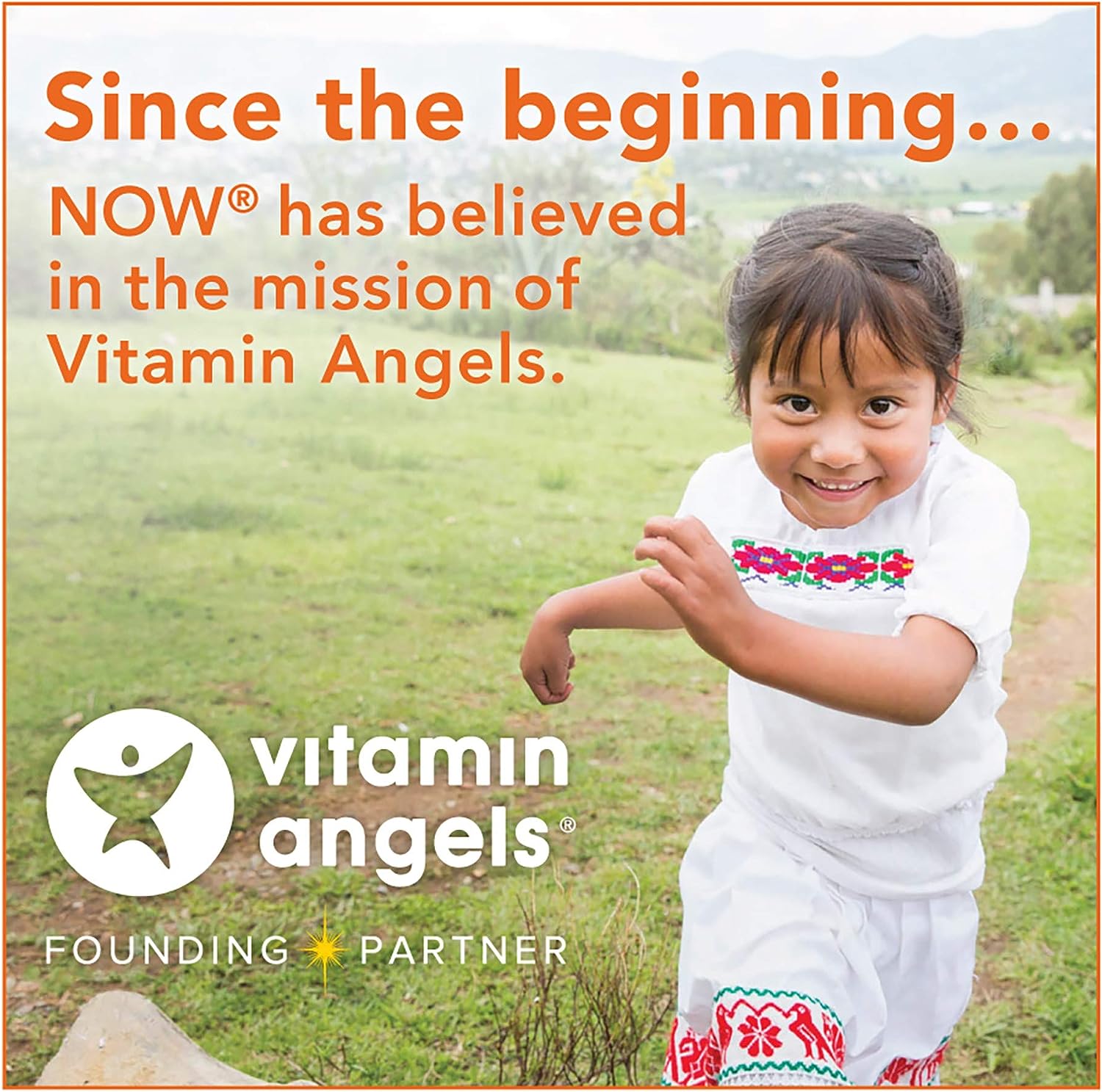
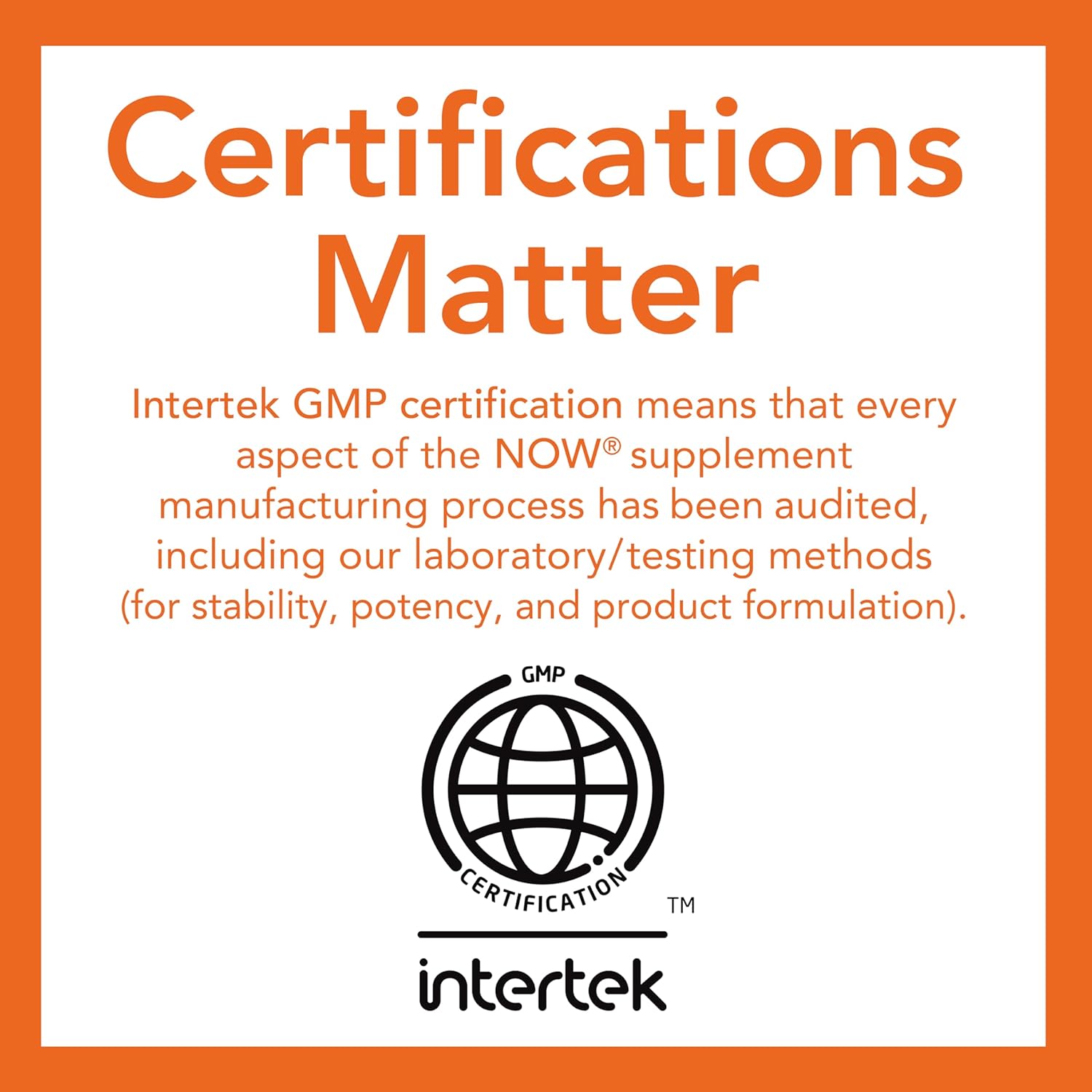
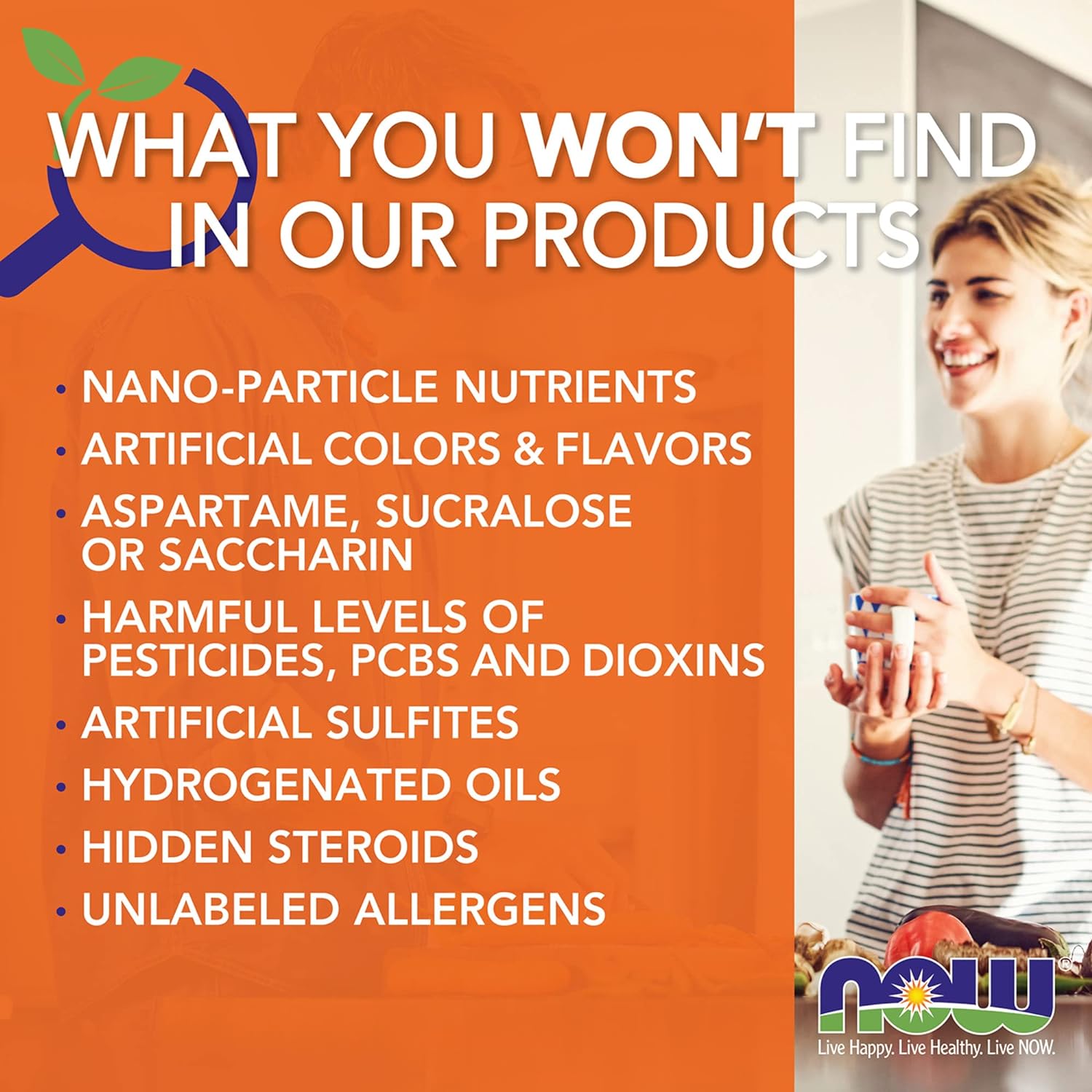
NOW Silymarin Supplement - Supports Liver Health, Non-GMO, 300mg, 200 Veg Capsules (2-Pack)


Triticum Vulgare (Wheat) Gluten
Medium RiskTriticum vulgare (wheat) gluten is a protein derived from wheat that functions primarily as a binding agent in various food and cosmetic products. It provides texture and elasticity, making it a common ingredient in baked goods and some personal care items.
Sustai Insights
Wheat gluten offers functional benefits such as enhancing product texture and acting as a stabilizer. However, it poses moderate allergenic risks, particularly for individuals with gluten sensitivity or celiac disease. Environmental concerns are low, with no significant pollutant potential noted. Regulatory bodies do not impose major restrictions, but products must be clearly labeled for consumer safety. Overall, the risk level is assessed as medium. Safe usage practices should be observed, especially for sensitive populations, and alternatives like pea protein or other plant-based binders may be considered.
Cynara Scolymus (Artichoke)
Low RiskCynara scolymus, commonly known as artichoke, is a flowering plant belonging to the thistle family. It is primarily used in culinary applications and as a functional ingredient in dietary supplements due to its potential health benefits, particularly related to digestion and liver function.
Sustai Insights
Artichoke is recognized for its functional benefits, including potential support for digestion and liver health. It is derived from a renewable source and is generally considered biodegradable. Health risks associated with artichoke are low, with minimal concerns regarding carcinogenicity, allergies, and reproductive toxicity. Environmental risks are also low, as artichoke does not significantly contribute to pollution or bioaccumulation. Regulatory assessments indicate no restrictions for its use, resulting in an overall low risk assessment. Safe usage practices involve moderation, and alternatives include other plant extracts known for similar health benefits.
Triticum Vulgare (Wheat)
Low RiskTriticum vulgare, commonly known as wheat, is a cereal grain primarily used in food products and various cosmetic formulations. It serves as a source of carbohydrates and can also function as a binding agent, thickener, or emulsifier in formulations. Wheat is widely recognized for its role in nutrition and its diverse applications in the food industry.
Sustai Insights
Triticum vulgare offers functional benefits as a binding agent and source of carbohydrates, with sustainable attributes if sourced responsibly. Health risks are low, with minimal concerns regarding carcinogenicity, allergies, or reproductive toxicity. Environmental risks, including pollution potential, are also low. Regulatory bodies do not currently impose restrictions on its use. Overall, the risk level associated with this ingredient is low, making it a safe choice for both consumers and the environment.
Magnesium Stearate
Low RiskMagnesium stearate is a magnesium salt of stearic acid, commonly used as a lubricant and anti-caking agent in pharmaceuticals and cosmetic products. It helps in the manufacturing process by preventing ingredients from clumping together and ensuring even distribution in formulations.
Sustai Insights
Magnesium stearate is recognized for its functional benefits as a lubricant and anti-caking agent, enhancing product stability. It is considered low risk regarding health concerns, including carcinogenicity and allergenic potential, with no significant environmental hazards reported. Regulatory bodies, including the FDA, have not imposed major restrictions, supporting its safe use in various applications. Recommended usage levels are typically low, maintaining safety in formulations. Overall, the ingredient is assessed as low risk, with no significant adverse health or environmental impacts identified.
Sesamum Indicum (Sesame) Oil
Low RiskSesamum indicum (sesame) oil is derived from the seeds of the sesame plant. It is commonly used in cosmetic formulations due to its emollient properties and ability to nourish the skin. This oil is rich in fatty acids and antioxidants, contributing to its effectiveness in various skincare products.
Sustai Insights
Sesame oil offers several functional benefits, including moisturization and nourishment for the skin, along with potential antioxidant properties. It is generally regarded as safe, with low concerns regarding carcinogenicity, allergies, and reproductive toxicity. Environmental risks are minimal, and the oil is not known to be bioaccumulative. Regulatory bodies do not impose significant restrictions on its use. Overall, sesame oil poses a low risk, making it a viable ingredient in cosmetic formulations, although consumers should consider potential allergies and choose responsibly sourced products.
Egg
Low RiskEgg is the entire content of chicken eggs, commonly used as an ingredient in various products for its nutritional and functional properties.
Sustai Insights
Eggs are known for their functional benefits, including serving as a binding agent and providing protein. They are typically sustainably sourced and biodegradable. Health risks are considered low, with minimal concerns regarding carcinogenicity, allergies, or reproductive toxicity. Environmental risks are also low, with no significant pollutant potential. Regulatory bodies do not impose current restrictions on egg usage. Overall, the risk level is low, and safe usage practices should be observed, though alternatives like plant-based substitutes may be considered for those with allergies.
Milk
Low RiskMilk is whole milk from cows, primarily used as a source of nutrition and an ingredient in various food products. It contains proteins, fats, carbohydrates, vitamins, and minerals, contributing to its functional benefits in culinary applications.
Sustai Insights
Milk provides essential nutrients and serves as a versatile ingredient in food, enhancing flavor, texture, and nutritional value. It is generally regarded as safe with low concerns for carcinogenicity, allergies, or developmental toxicity. Environmental risks are minimal, and regulatory bodies impose no significant warnings. However, individuals with lactose intolerance or dairy allergies should exercise caution. Overall, milk is assessed as low risk based on current scientific consensus.
Taraxacum Officinale (Dandelion) Root
Low RiskTaraxacum officinale (dandelion) root is a dry, perennial herb commonly used for its potential health benefits. It is often incorporated into herbal formulations for its traditional applications, including digestive support and diuretic properties.
Sustai Insights
Dandelion root offers functional benefits such as promoting digestion and acting as a natural diuretic. It is considered low risk for health concerns, including carcinogenicity and allergenic potential, with no current restrictions from regulatory bodies. Environmental impacts are minimal, and the ingredient is generally deemed sustainable. Safe usage practices are recommended, but alternatives such as chamomile or ginger may serve similar functions in formulations. Overall, the ingredient is assessed as low risk.
Cellulose
Low RiskCellulose is a natural polysaccharide derived from plant cell walls, primarily used as a thickening agent, stabilizer, and emulsifier in cosmetic formulations. It is known for its ability to improve texture and consistency in products.
Sustai Insights
Cellulose serves as an effective thickening and stabilizing agent, enhancing product texture while being biodegradable and derived from renewable sources. Health risks are minimal, with low concerns regarding carcinogenicity, allergies, and reproductive toxicity. Environmental impacts are also low, as cellulose does not contribute significantly to pollution or bioaccumulation. Regulatory agencies have not issued restrictions on its use. Overall, cellulose presents a low risk profile, making it a suitable ingredient choice in cosmetics.
Triticum Vulgare (Wheat) Gluten
Medium RiskTriticum vulgare (wheat) gluten is a protein derived from wheat that functions primarily as a binding agent in various food and cosmetic products. It provides texture and elasticity, making it a common ingredient in baked goods and some personal care items.
Sustai Insights
Wheat gluten offers functional benefits such as enhancing product texture and acting as a stabilizer. However, it poses moderate allergenic risks, particularly for individuals with gluten sensitivity or celiac disease. Environmental concerns are low, with no significant pollutant potential noted. Regulatory bodies do not impose major restrictions, but products must be clearly labeled for consumer safety. Overall, the risk level is assessed as medium. Safe usage practices should be observed, especially for sensitive populations, and alternatives like pea protein or other plant-based binders may be considered.
Cynara Scolymus (Artichoke)
Low RiskCynara scolymus, commonly known as artichoke, is a flowering plant belonging to the thistle family. It is primarily used in culinary applications and as a functional ingredient in dietary supplements due to its potential health benefits, particularly related to digestion and liver function.
Sustai Insights
Artichoke is recognized for its functional benefits, including potential support for digestion and liver health. It is derived from a renewable source and is generally considered biodegradable. Health risks associated with artichoke are low, with minimal concerns regarding carcinogenicity, allergies, and reproductive toxicity. Environmental risks are also low, as artichoke does not significantly contribute to pollution or bioaccumulation. Regulatory assessments indicate no restrictions for its use, resulting in an overall low risk assessment. Safe usage practices involve moderation, and alternatives include other plant extracts known for similar health benefits.
Triticum Vulgare (Wheat)
Low RiskTriticum vulgare, commonly known as wheat, is a cereal grain primarily used in food products and various cosmetic formulations. It serves as a source of carbohydrates and can also function as a binding agent, thickener, or emulsifier in formulations. Wheat is widely recognized for its role in nutrition and its diverse applications in the food industry.
Sustai Insights
Triticum vulgare offers functional benefits as a binding agent and source of carbohydrates, with sustainable attributes if sourced responsibly. Health risks are low, with minimal concerns regarding carcinogenicity, allergies, or reproductive toxicity. Environmental risks, including pollution potential, are also low. Regulatory bodies do not currently impose restrictions on its use. Overall, the risk level associated with this ingredient is low, making it a safe choice for both consumers and the environment.
Magnesium Stearate
Low RiskMagnesium stearate is a magnesium salt of stearic acid, commonly used as a lubricant and anti-caking agent in pharmaceuticals and cosmetic products. It helps in the manufacturing process by preventing ingredients from clumping together and ensuring even distribution in formulations.
Sustai Insights
Magnesium stearate is recognized for its functional benefits as a lubricant and anti-caking agent, enhancing product stability. It is considered low risk regarding health concerns, including carcinogenicity and allergenic potential, with no significant environmental hazards reported. Regulatory bodies, including the FDA, have not imposed major restrictions, supporting its safe use in various applications. Recommended usage levels are typically low, maintaining safety in formulations. Overall, the ingredient is assessed as low risk, with no significant adverse health or environmental impacts identified.
Sesamum Indicum (Sesame) Oil
Low RiskSesamum indicum (sesame) oil is derived from the seeds of the sesame plant. It is commonly used in cosmetic formulations due to its emollient properties and ability to nourish the skin. This oil is rich in fatty acids and antioxidants, contributing to its effectiveness in various skincare products.
Sustai Insights
Sesame oil offers several functional benefits, including moisturization and nourishment for the skin, along with potential antioxidant properties. It is generally regarded as safe, with low concerns regarding carcinogenicity, allergies, and reproductive toxicity. Environmental risks are minimal, and the oil is not known to be bioaccumulative. Regulatory bodies do not impose significant restrictions on its use. Overall, sesame oil poses a low risk, making it a viable ingredient in cosmetic formulations, although consumers should consider potential allergies and choose responsibly sourced products.
Egg
Low RiskEgg is the entire content of chicken eggs, commonly used as an ingredient in various products for its nutritional and functional properties.
Sustai Insights
Eggs are known for their functional benefits, including serving as a binding agent and providing protein. They are typically sustainably sourced and biodegradable. Health risks are considered low, with minimal concerns regarding carcinogenicity, allergies, or reproductive toxicity. Environmental risks are also low, with no significant pollutant potential. Regulatory bodies do not impose current restrictions on egg usage. Overall, the risk level is low, and safe usage practices should be observed, though alternatives like plant-based substitutes may be considered for those with allergies.
Milk
Low RiskMilk is whole milk from cows, primarily used as a source of nutrition and an ingredient in various food products. It contains proteins, fats, carbohydrates, vitamins, and minerals, contributing to its functional benefits in culinary applications.
Sustai Insights
Milk provides essential nutrients and serves as a versatile ingredient in food, enhancing flavor, texture, and nutritional value. It is generally regarded as safe with low concerns for carcinogenicity, allergies, or developmental toxicity. Environmental risks are minimal, and regulatory bodies impose no significant warnings. However, individuals with lactose intolerance or dairy allergies should exercise caution. Overall, milk is assessed as low risk based on current scientific consensus.
Taraxacum Officinale (Dandelion) Root
Low RiskTaraxacum officinale (dandelion) root is a dry, perennial herb commonly used for its potential health benefits. It is often incorporated into herbal formulations for its traditional applications, including digestive support and diuretic properties.
Sustai Insights
Dandelion root offers functional benefits such as promoting digestion and acting as a natural diuretic. It is considered low risk for health concerns, including carcinogenicity and allergenic potential, with no current restrictions from regulatory bodies. Environmental impacts are minimal, and the ingredient is generally deemed sustainable. Safe usage practices are recommended, but alternatives such as chamomile or ginger may serve similar functions in formulations. Overall, the ingredient is assessed as low risk.
Cellulose
Low RiskCellulose is a natural polysaccharide derived from plant cell walls, primarily used as a thickening agent, stabilizer, and emulsifier in cosmetic formulations. It is known for its ability to improve texture and consistency in products.
Sustai Insights
Cellulose serves as an effective thickening and stabilizing agent, enhancing product texture while being biodegradable and derived from renewable sources. Health risks are minimal, with low concerns regarding carcinogenicity, allergies, and reproductive toxicity. Environmental impacts are also low, as cellulose does not contribute significantly to pollution or bioaccumulation. Regulatory agencies have not issued restrictions on its use. Overall, cellulose presents a low risk profile, making it a suitable ingredient choice in cosmetics.
Discover the power of NOW Silymarin 2X, a potent herbal supplement designed for health-conscious consumers. Each capsule delivers 300 mg of Milk Thistle extract, standardized to 240 mg of Silymarin, supporting liver health and detoxification naturally.
- Enhanced Liver Support: This formula promotes liver function and detoxification, vital for overall health and wellness.
- Double Strength Formula: With twice the Milk Thistle extract compared to regular strength, users get effective support with fewer capsules.
- Natural Ingredients: Featuring Dandelion Root and Artichoke Leaf, this blend harnesses the benefits of traditional herbs for holistic wellness.
- Vegan-Friendly: Encapsulated in vegetable cellulose, this product is suitable for vegans and those avoiding common allergens.
- Sustainable Packaging: Packaged in 100% post-consumer recycled resin, NOW Silymarin reflects a commitment to sustainability and environmental health.
Crafted in a GMP facility and family-owned since 1968, NOW Silymarin is a trusted choice for those prioritizing health and the planet.
Subscribe & Save with Sustai
- Best Price Guarantee: Always enjoy the lowest prices on sustainable home essentials.
- No Surprises: We’ll notify you before shipping. No hidden fees, ever.
- You’re in Charge: Change, pause, or cancel your subscription anytime with ease.
- Eco-Friendly Deliveries: Our grouped shipments mean less packaging and lower emissions.
Join us on a sustainable journey. Special offers for a limited time! Prices and promotions may change.
Recommended Products
Discover the power of NOW Silymarin 2X, a potent herbal supplement designed for health-conscious consumers. Each capsule delivers 300 mg of Milk Thistle extract, standardized to 240 mg of Silymarin, supporting liver health and detoxification naturally.
- Enhanced Liver Support: This formula promotes liver function and detoxification, vital for overall health and wellness.
- Double Strength Formula: With twice the Milk Thistle extract compared to regular strength, users get effective support with fewer capsules.
- Natural Ingredients: Featuring Dandelion Root and Artichoke Leaf, this blend harnesses the benefits of traditional herbs for holistic wellness.
- Vegan-Friendly: Encapsulated in vegetable cellulose, this product is suitable for vegans and those avoiding common allergens.
- Sustainable Packaging: Packaged in 100% post-consumer recycled resin, NOW Silymarin reflects a commitment to sustainability and environmental health.
Crafted in a GMP facility and family-owned since 1968, NOW Silymarin is a trusted choice for those prioritizing health and the planet.

You can have at most 2 Sustainable Steals products in your cart
Customer Reviews
Customers’ View
Customers appreciate the Silymarin Supplement for its strong liver support and high potency, noting the double strength formulation of 300mg of milk thistle extract per capsule. Many users highlight the inclusion of additional herbal ingredients like artichoke and dandelion, which are recognized for promoting detoxification and overall liver health. The allergen-free nature of the supplement, being free from soy, gluten, and dairy, resonates well with health-conscious consumers. Additionally, the product's manufacturing standards under GMP regulations and its family-owned heritage since 1968 help build trust among buyers. Overall, customers find this supplement effective and aligned with their health and wellness goals.
AI-generated from the text of customer reviewsThis product is rated 4.8 of 5.0 stars.
It has received 121 reviews.




